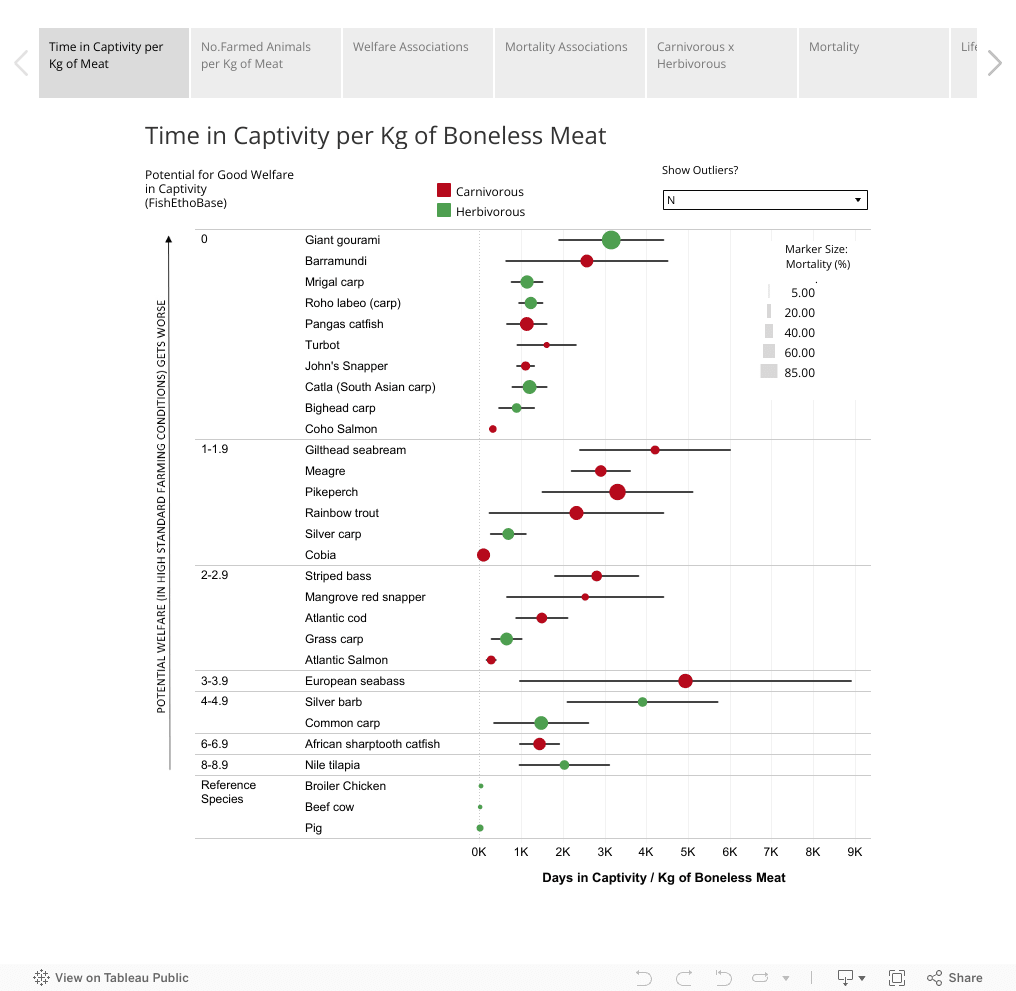Recognizing the small animal replacement problem (SARP) led many animal advocates to, broadly, warn against strategies to help animals that build upon environmental and/or health arguments (see, e.g., Carpendale 2022; Sokk 2021; Bryant 2024; Hazo 2022; Ozden & Dullaghan 2022). More specifically, this includes strategies such as advocating against red meat consumption (see Mathur 2022; CE Team 2018; Rouk 2022) or against subsidies for meat and other animal products (Ryba 2022), and pushing for a food carbon tax (Zeijlmans 2025; Springlea 2022).
EA-inspired animal advocates therefore strongly favor strategies such as promoting plant-based alternatives to animal products and reforming the chicken farming industry (see, e.g., OPP’s farm animal welfare page; Sarek et al. 2024; ACE 2024), assuming these do not contribute to SARP.[1] This post very briefly questions this assumption. (Don’t expect a detailed argumentation. I’m just throwing out some thoughts.)
Why veg advocacy might also contribute to SARP
Humane Research Council (2014, p.4) suggests that 84% of people who have, at one point, decided to become vegetarian or vegan have gone back to eating animal products. And it seems that they mostly go back to eating chicken, eggs, fish, and/or shrimp.[2]
It may also be the case that promoting plant-based food and animal-ethics arguments in its favor often persuades people to substitute their consumption of bigger animals with not only plant-based food but also smaller animals, to begin with. Many people calling themselves vegetarians are actually pescatarians.
Why chicken reforms might also contribute to SARP
Reforms to improve the lives of farmed chickens obviously increase the price of their meat and eggs, which may lead to an increase in fish and shrimp consumption (Abduk 2023). While chickens are often portrayed as the smaller animals victims of SARP, maybe we should think of them as part of the “bigger animals” category.
Moreover, it would be surprising if chicken reforms did not, as a flow-through effect, accelerate welfare reforms for other animals, especially bigger ones which people care more about, in a way that differentially increases the cost of eating bigger animals and worsens SARP.
Conclusion
I have absolutely not argued that chicken reforms and veg advocacy overall contribute to SARP and should be avoided. There, of course, are worlds where these help avoid SARP by directly or indirectly disincentivizing the consumption of all animal products. But the same can be said for strategies that build upon environmental and health arguments against factory farming. I have raised some considerations suggesting that chicken reforms and veg advocacy may contribute to SARP that do not strike me as any more far-fetched than those to believe the same for environmental strategies. And I do not understand why other animal advocates seem so confident that the former do not contribute to SARP in a similar way the latter likely does. Inputs in comments would be highly appreciated.
- ^
Alternatively, some may believe that those contribute to SARP but that this is only a temporary setback. This is a totally different hypothesis I briefly investigate in Sentientia, Reversomelas, and the Small Animal Replacement Problem.
- ^
I have only anecdotal evidence for that. I couldn’t quickly find studies backing this up. Please, share anything you might be aware of that provides evidence for or against this.


I appreciate the shortness of this post: plus, that makes it more convenient to use as a link if I ever find myself making this point in a discussion.